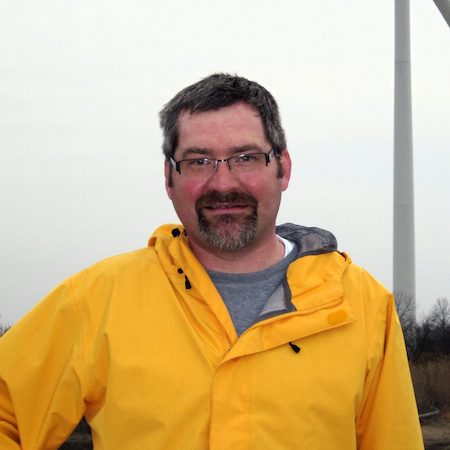
Team Members
Executive team
Graduate Students

Matt is being co-advised by Dr. Williams and Dr. Jeff Buler. Matt's research, which is being funded by the U.S. Department of Agriculture, is focusing on understanding wintering waterfowl movement patterns, through telemetry and nexrad radar to better predict the potential for avian influenza transmission to poultry operations. Matt is focusing on Canada geese, greater snow geese, and mallard movements.
Matt is being co-advised by Dr. Williams and Dr. Jeff Buler. Matt's research, which is being funded by the U.S. Department of Agriculture, is focusing on understanding wintering waterfowl movement patterns, through telemetry and nexrad radar to better predict the potential for avian influenza transmission to poultry operations. Matt is focusing on Canada geese, greater snow geese, and mallard movements.

Amanda's research, which is funded by the North Carolina Wildlife Resources Commission, focuses on the brood survival and habitat use on American black ducks in North Carolina. This research will further aid North Carolina in understanding the ecology of breeding black ducks along its coast and well as increase its strategic conservation for this priority species. Amanda will serve as our lead wood duck technician during the summer of 2022.
Amanda's research, which is funded by the North Carolina Wildlife Resources Commission, focuses on the brood survival and habitat use on American black ducks in North Carolina. This research will further aid North Carolina in understanding the ecology of breeding black ducks along its coast and well as increase its strategic conservation for this priority species. Amanda will serve as our lead wood duck technician during the summer of 2022.

Hannah's research, which is being funded by the Maryland Department of Natural Resources, is investigating the wintering habitat use and movement patterns of lesser scaup in the Chesapeake Bay. Hannah also served as our wood duck lead technician during the summer of 2021.
Hannah's research, which is being funded by the Maryland Department of Natural Resources, is investigating the wintering habitat use and movement patterns of lesser scaup in the Chesapeake Bay. Hannah also served as our wood duck lead technician during the summer of 2021.

Blake’s research, which is being jointly funded by Delta Waterfowl, Maryland Department of Natural Resources, Delaware Division of Fish and Wildlife, and Nemours Wildlife Foundation, is investigating wood duck reproductive success and brood ecology from artificial nest boxes in the Delmarva Peninsula. This project will help to develop best practices for nest box placement and identify important brood rearing habitats for wood ducks.
Blake’s research, which is being jointly funded by Delta Waterfowl, Maryland Department of Natural Resources, Delaware Division of Fish and Wildlife, and Nemours Wildlife Foundation, is investigating wood duck reproductive success and brood ecology from artificial nest boxes in the Delmarva Peninsula. This project will help to develop best practices for nest box placement and identify important brood rearing habitats for wood ducks.

Cole's research, which is being funded by Orton Plantation and Moore Charitable Foundation, is researching the wintering habitat use, daily energy demand, and energetic carrying capacity of green-winged teal in coastal North Carolina. Little is known about green-winged teal ecology on the Atlantic Flyway and we hope this research will help inform future management and habitat decisions.
Cole's research, which is being funded by Orton Plantation and Moore Charitable Foundation, is researching the wintering habitat use, daily energy demand, and energetic carrying capacity of green-winged teal in coastal North Carolina. Little is known about green-winged teal ecology on the Atlantic Flyway and we hope this research will help inform future management and habitat decisions.

David's research, which is being funded by the endowed Waterfowl and Upland Gamebird Center, will be working in conjunction with the New Jersey Division of Fish and Wildlife and the New York Department of Environmental Conservation to quantify the daily habitat use and energetic carrying capacity of wintering Atlantic brant along the Mid-Atlantic coast.
David's research, which is being funded by the endowed Waterfowl and Upland Gamebird Center, will be working in conjunction with the New Jersey Division of Fish and Wildlife and the New York Department of Environmental Conservation to quantify the daily habitat use and energetic carrying capacity of wintering Atlantic brant along the Mid-Atlantic coast.
Undergraduate students
Sam LaSasso
Sam is researching the physiological and morphological differences between wood duck hens who are breeding in less successful open marshes along Delaware Bay versus more successful flooded forests in interior Delmarva Peninsula.
The University of Delaware is an Equal Opportunity Institution and Provider. Visit UD’s Office of Equity & Inclusion to learn more.
Additional Links
531 South College Avenue Newark, DE 19716 (302) 831-2501


